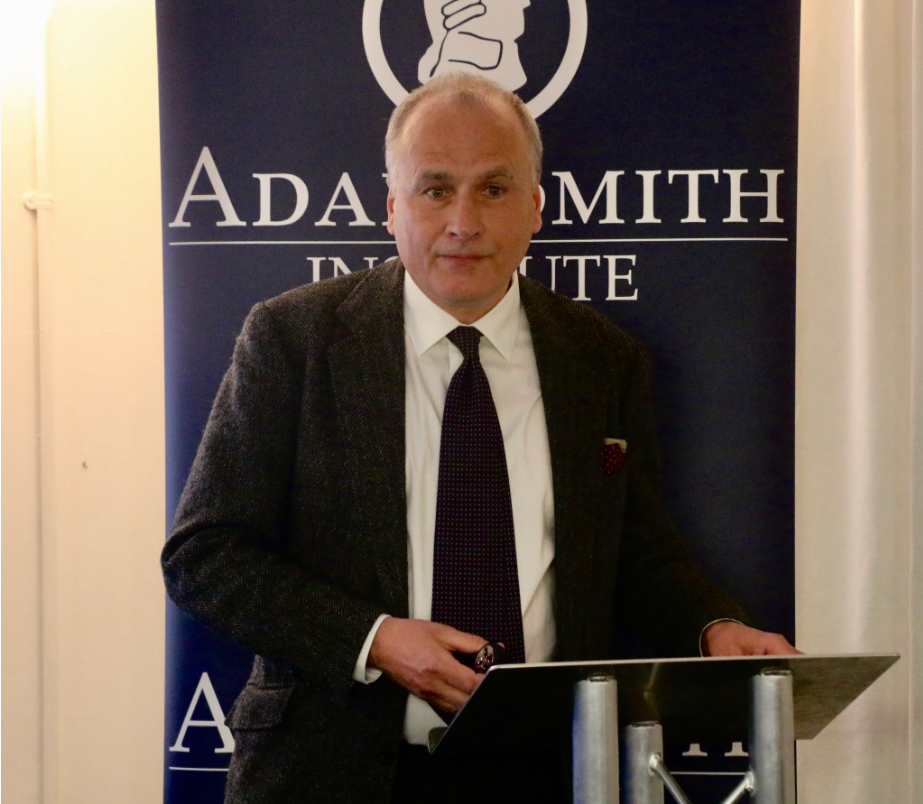Books, poems, films and theatre productions have been written and produced over many decades celebrating the unconditional devotion and affection that exists between dogs, cats and their owners: A Streetcat named Bob; Clare Balding’s delightful book My Animals and Other Family about her maternal bulldog Candy; and the incredible story from Australia of Sophie Tucker the castaway dog, to name but a few.
However far less has been recorded of the parallels to Human Health from owning a companion animal, in what is an effectively largely overlooked adjunct to Social Welfare.
Dr Leigh Plummer, A Sydney Clinical Psychologist has drawn on his experience working with people suffering from mental health issues to demonstrate how owning a cat or a dog can improve owners’ sense of self, from walking the dog, communicating with other dog owners in the park which can help those suffering depression and sense of isolation.
Owning a cat can provide companionship in the home and alleviate loneliness especially for the elderly or infirm and the daily routine provided by feeding, cuddles, and stroking can make for a more rewarding life for many who live alone.
Remember the touching story of Billy the stray cat who brought the autistic 4 year old Fraser Booth out of his shell? An air of peace, happiness and calm returned to the Booth family home.
A compelling British published pamphlet “Companion Animal Economics: The Economic Impact of Companion Animals in the UK” says that readily available data collection for companion pets is poor in the UK as, up until now, there has been little requirement for statistical collating of pet ownership by Government. In contrast, Germany and Australia have already published studies on this fascinating Human-Animal bond.
A common theme in animal companionship literature is the anxiety- reducing effect that cats & dogs have (Lang et al., 2010, Berger & Grepperud 2011, Dietz at al, 2012).
In 2007, 2.28 million people in the UK were diagnosed with an anxiety disorder which costs the economy £8.9 billion. By 2026 it is projected that 2.56 million anxiety related diagnoses will be made which will further cost approximately £14.2 billion (McCrone et al 2008).
Just half the people living with an anxiety disorder do not receive treatment which is associated with lost employment costs. The ability of companion animals to prevent and remediate symptoms of anxiety, independent of medical services, is exciting and worthy of further controlled investigations.
The study goes onto say how Australian companion animal owners from various demographics, made fewer visits to their doctors for minor ailments than non-owners (Headey 1995), furthermore, the same owners were reportedly less likely to be taking medication for heart problems, high blood pressure, high cholesterol and sleeping difficulties.
One of the pioneering studies in the estimation of economic savings associated with companion animal ownership, Headey & Anderson (1995) attempted a preliminary estimate of possible government expenditure savings using data obtained from 1994 Australian National People & Pets Survey.
The study arrived at a saving of AUS $1,183 million, equivalent to 5% of the total Australian health expenditure.
In 2013, the United Kingdom’s healthcare expenditure totalled £124 billion which then equalled 8% of GDP.
In the same year, 63.5 million people lived in the UK in 26.4 million households, with 46% owning a cat or a dog (Murray et al 2015). The implication is around that 12.14 million main companion animal owners or 19.1% of UK population could be in better health than those without pets (80.9% of the population).
In 2008, Dog & Cat owners made on average 5.04 visits to the GP each year which equals 61.19 million (17.5%) visits vs 288.13 million visits (82.5%) by non-owners. Total average visits to the GP in 2008 was 5.5 p.a. (Hippisley-Cox & Vinogradova 2009). The suggestion is then, that should companion animals not exist, total UK healthcare could have been significantly higher at £126.45 billion. Government healthcare savings due to the presence of companion animals was estimated to be £2.45 billion.
Giving the ageing national population, the significance on this effect may be of increasing importance to governments and healthcare providers. Perhaps it's an area of worthy study – our dogs and cats are leaving us healthier and the country wealthier.







